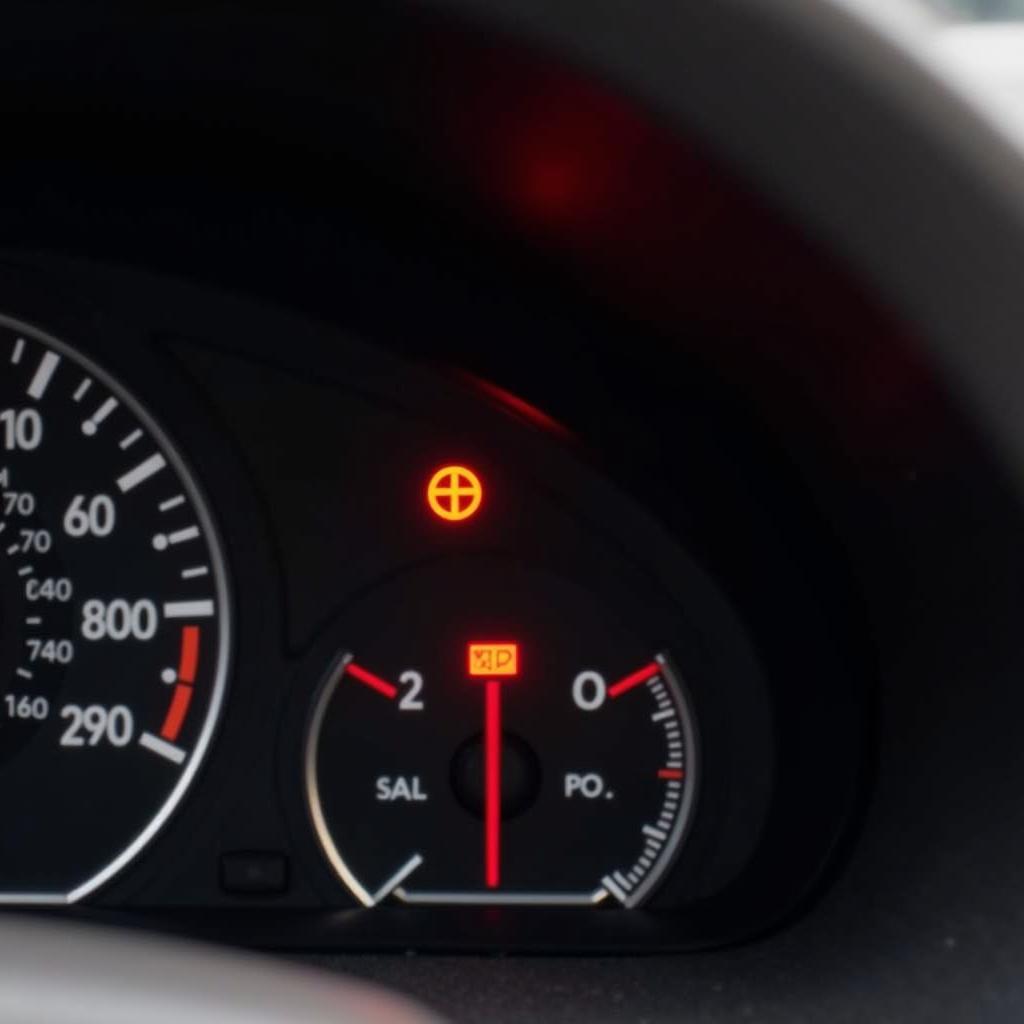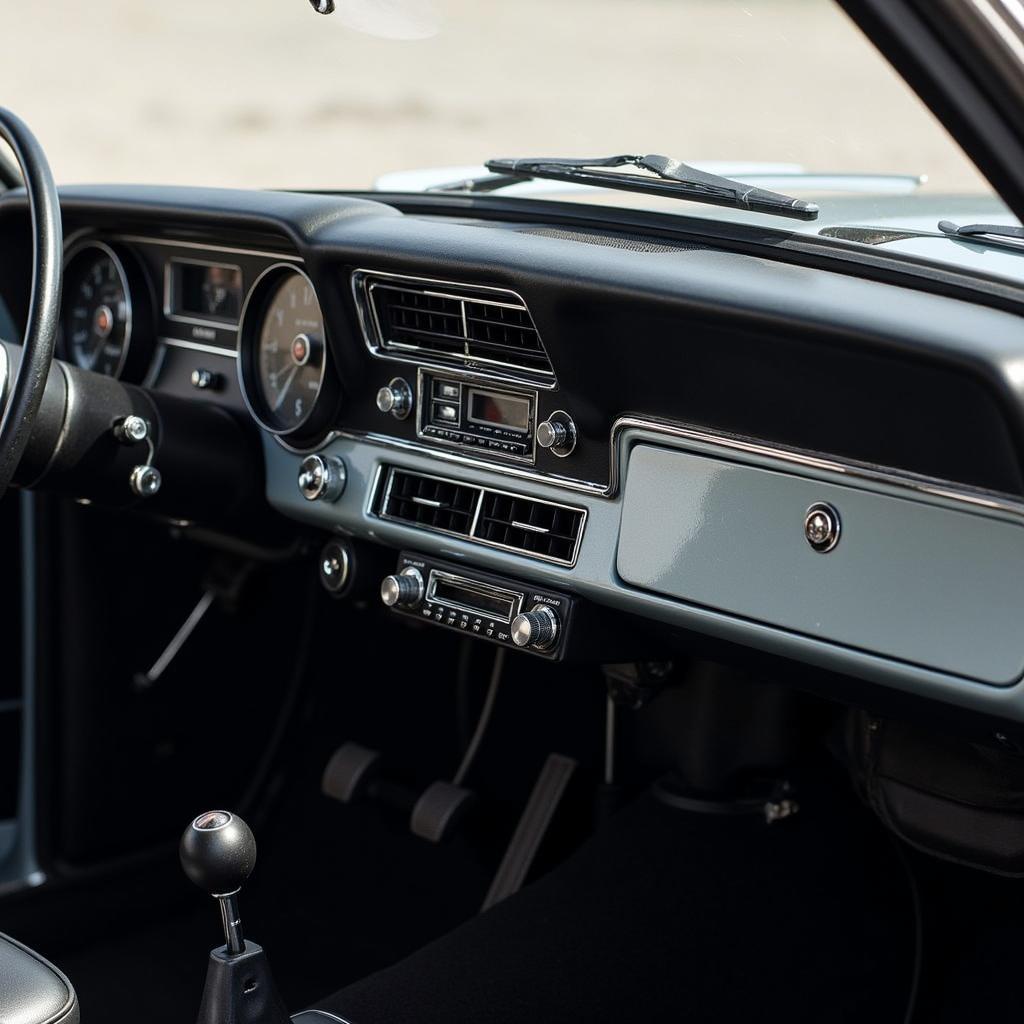Disconnecting your car battery can have various effects, from minor inconveniences to more significant issues depending on the age and condition of your battery and the vehicle’s electrical system. Understanding what happens when you disconnect a car battery is crucial for proper vehicle maintenance and troubleshooting electrical problems.
Will disconnecting a car battery kill it? Not immediately. A healthy, fully charged battery can withstand being disconnected for a reasonable amount of time, even weeks or months, especially in newer vehicles with lower parasitic drain. However, disconnecting the battery for extended periods can lead to a slow discharge, eventually causing it to die. This is especially true for older batteries or those already in a weakened state. Additionally, disconnecting the battery can cause the loss of saved settings in the car’s computer, such as radio presets, clock settings, and sometimes even learned driving habits. In some modern vehicles, disconnecting the battery improperly can even trigger error codes or put certain systems into a sleep mode, requiring professional intervention to reset.
Understanding Your Car’s Electrical System
The car battery is the heart of the electrical system, providing power to start the engine and run various accessories. When the engine is running, the alternator takes over, recharging the battery and powering the electrical components. However, even with the engine off, a small amount of current, known as parasitic drain, is constantly being drawn by systems like the clock, alarm, and computer memory.
If you’re worried about your car’s battery health, understanding the signs can be helpful. Check our guide on signs of bad battery or alternator.
How Long Can a Car Battery Stay Disconnected?
The duration a car battery can remain disconnected without significant discharge depends on several factors, including the battery’s age, health, type, ambient temperature, and the vehicle’s parasitic draw. A new, fully charged battery in good condition can typically withstand disconnection for several weeks, sometimes even months, in temperate climates. However, older batteries, those with existing issues, or those exposed to extreme temperatures will discharge much faster.
John Smith, a certified automotive technician with over 20 years of experience, advises, “While a healthy battery can tolerate disconnection for a while, it’s generally best practice to avoid leaving it disconnected for extended periods, especially if the battery is older or if the vehicle has a high parasitic drain. This helps prevent deep discharge, which can shorten the battery’s lifespan.”
What Happens When You Disconnect the Battery?
Disconnecting the car battery completely cuts off power to the vehicle’s electrical systems. This results in the loss of stored settings, such as radio presets, clock, and trip computer data. In some modern vehicles with complex computer systems, disconnecting the battery can trigger error codes or require a specific reset procedure to restore normal functionality. For a deeper dive into car battery issues, see our article on electrical drain on car battery.
Why Might You Need to Disconnect Your Car Battery?
Several situations may require disconnecting the car battery, such as:
- Electrical work: Disconnecting the battery is crucial for safety when performing any electrical work on the vehicle. This prevents accidental short circuits and potential injury.
- Replacing the battery: Disconnecting the old battery is a necessary step when installing a new one.
- Long-term storage: Disconnecting the battery during long-term storage can help prevent excessive discharge and extend its lifespan.
- Troubleshooting electrical problems: Disconnecting the battery can sometimes help reset the vehicle’s computer systems and resolve minor electrical glitches.
- Jump-starting a dead battery: Disconnecting the dead battery is not typically recommended but rather connecting it to another running vehicle with jumper cables.
If you need a charger that can handle dead batteries, our guide on battery charger that charges dead batteries offers helpful advice.
Reconnecting the Car Battery: Important Considerations
When reconnecting the car battery, it’s crucial to follow the correct procedure to avoid potential damage to the electrical system. Always connect the positive terminal first, followed by the negative terminal. Ensure the connections are tight and secure. After reconnecting, you may need to reset certain systems, such as the clock and radio. Some vehicles also require reprogramming procedures after a battery disconnection. If you encounter any issues or are unsure about the process, it’s always best to consult a qualified mechanic. For example, a Chrysler Sebring can experience battery drain issues; see more at chrysler sebring battery drain.
Conclusion
Disconnecting a car battery, while sometimes necessary, isn’t without consequences. Understanding the potential effects and following the proper procedures can help you avoid problems and maintain your vehicle’s electrical system in good working order. If you experience rapid battery discharge, our guide on battery dies quickly car might be helpful. Remember, if you have any doubts or encounter issues, consulting a qualified automotive technician is always the best course of action.



